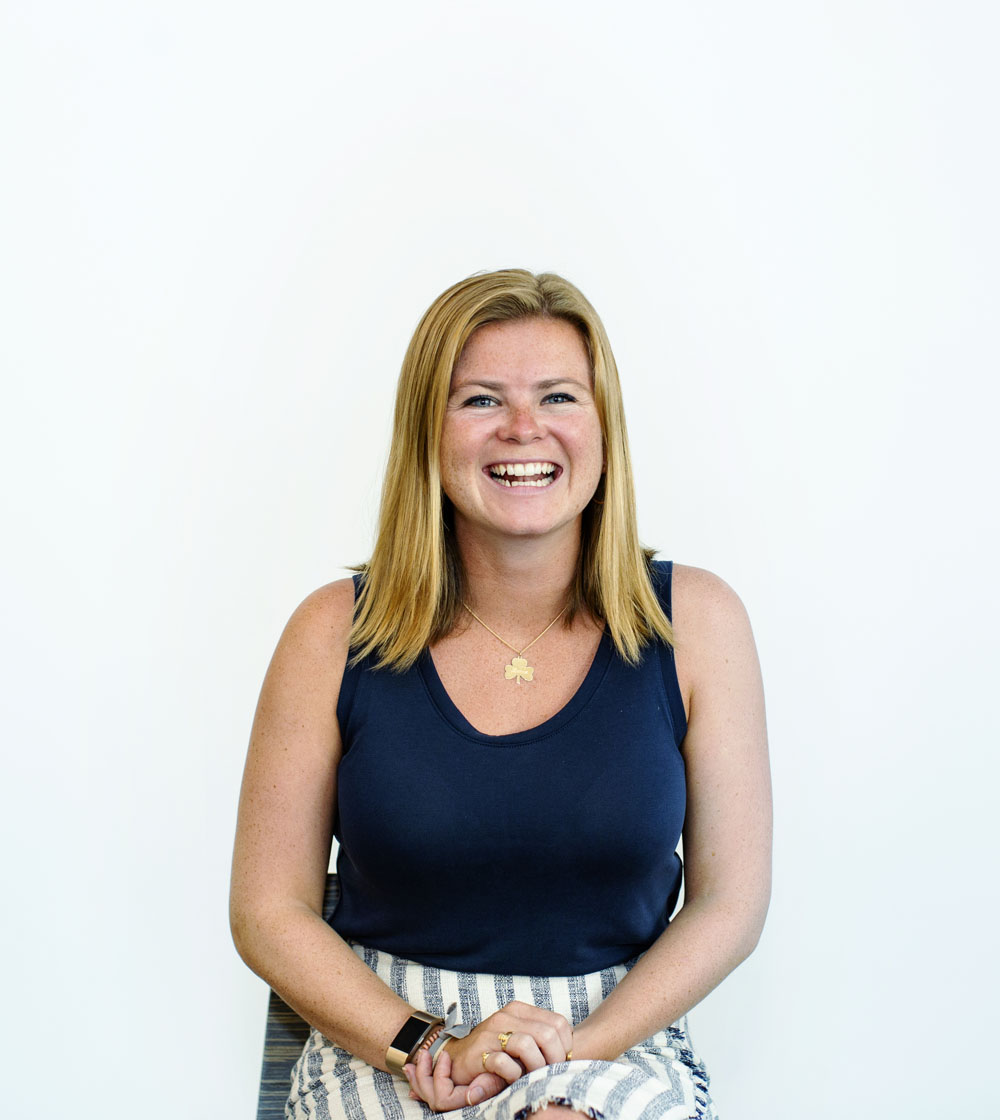My Lacrosse Concussion Story

Becca Losch
Who Am I?
What happened?
I started my time in high school as a three-sport athlete, honor student, and was involved in more extracurriculars than fit into a day. My freshman year was great socially, academically, and athletically but that all came to a quick halt on April 24, 2012.
On April 24, 2012 as I warmed up for a game I was hit in the back of the head with a lacrosse ball during a shuttle drill. I’m told that I fell to the ground and my friends helped me up and I continued to play. I still don’t remember this, and the rest of the game and day is very vague to me. Luckily, one of my teammates and friends found my mom after the game and told her that I had been hit otherwise my family wouldn’t have known since this took place in a warm up before parent and fans were at the game.
Afterwards...
My recovery process...
My recovery began at my first visit to UPMC where I was evaluated by a team of doctors and told that I had a serious and complicated concussion. Within minutes of my appointment, the director of the program told us that he thought he knew what was wrong with me and that it was treatable. This was the first time in seven months that both myself and my family felt validated and hopeful. I spent the day being tested by a team of concussions specialists and was sent home with a treatment plan to address the injuries to my ocular and vestibular systems. My treatment plan included at home therapies to retrain my brain how to use my eyes and vestibular system.
While progress was very slow, it began immediately and I returned to UPMC every 6-8 weeks for further testing and updated treatment plans. I was homeschooled for my junior year of high school. My teachers would teach me verbally for 10 minutes and then I would lay down to rest for 5 minutes before returning for 10 more minutes of verbal learning. This cycle is how I completed most of my junior year until I could slowly build up to increase the length of learning and shortening my time of rest and recovery in between. I finished my junior year of high school through homeschooling the week before senior year began.
I finally returned to school my senior year of high school with accommodations while I continued to increase the length and intensity of my therapies as I could tolerate more. I took my SATS for the first time November of my senior year of high school and dictated my college essays into iPad apps or to my parents to translate. I was not cleared to return to contact sports while I was in high school. While many of my friends and teammates went on to play Division 1 lacrosse in college, my plans of playing in college ended with this injury. I did, however, graduate on time with honors and went on to attend the University of Richmond.
Despite everything I went through, I am extremely lucky. My family advocated for me when I couldn’t advocate for myself. My teachers were willing to learn how to teach me differently and constantly encouraged me. I would still be curled up in a dark quiet room without this support system.
Today...
I am living a great life but continue to feel the effects of April 24, 2012 every single day. I receive Botox injections with my neurologist every three months to manage post trauma migraines, give myself an injection once a month, take Advil and wear my icepack “hat” regularly for my daily headaches and migraines. While I never returned to contact sports, I believe being an athlete has empowered me in all areas of my life. I will continue to advocate for concussion education, awareness, and safety for athletes.
Before all of this happened, my biggest fear in sports was tearing an ACL. It was engrained in us at an early age, especially as a female, how common ACL tears were, but that there were things you could do to help prevent it from happening to you. Every sports team I played on made sure that each player did specific strength and conditioning exercises for ACL prevention. As athletes we do everything we can to be prepared for whatever gets thrown our way, including injury prevention.
When I began playing lacrosse and attempted to return to play, helmets of any sort were not allowed on the field. Helmets will not prevent all concussions and head injuries, but it can greatly help prevent concussions or at the least help the severity of the injury. I wholeheartedly believe along with most of my friends, family, and doctors that had I been wearing a helmet I would not have lost almost two years of my life due to an accident in a warm up drill. Wear a helmet in lacrosse to help PREVENT a head injury rather than after you’re hurt. Protect your head BEFORE you are hurt so that you can continue to play the sport you love and live the life you love. You get one brain and one brain only – please do everything you can to protect it.


